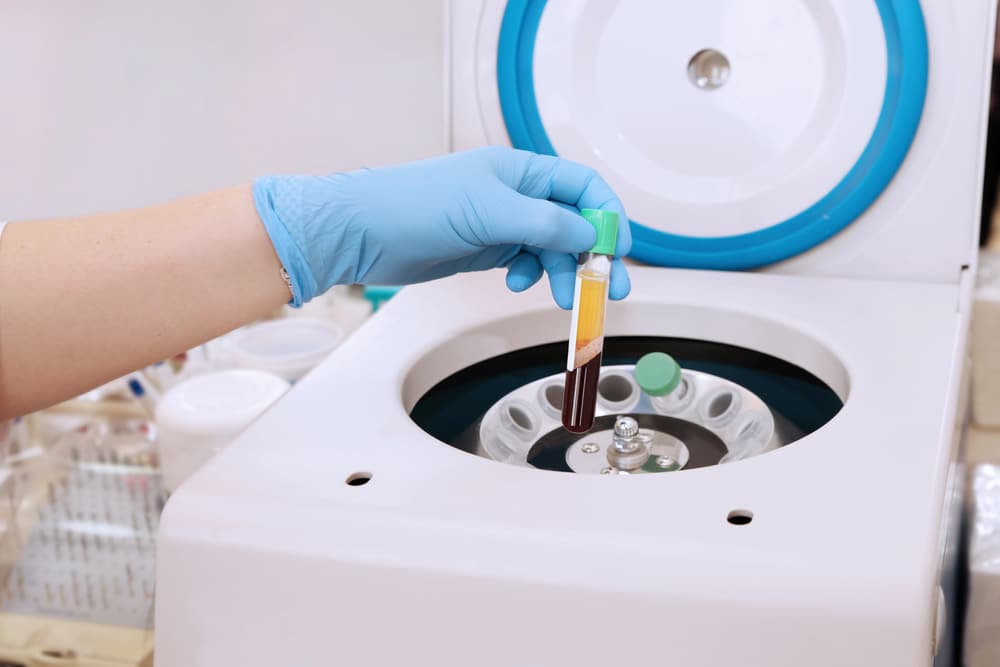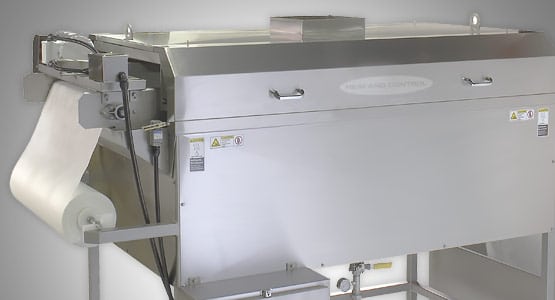As detailed by Textile Learner in their article, “Application of Woven Fabrics in Technical Textiles,” woven fabrics play a critical role in a variety of technical applications, ranging from medical textiles to automotive engineering. These fabrics, made by interlacing two or more sets of yarn at right angles, offer durability, flexibility, and precise control over properties such as porosity and strength. Click here to learn more about how woven fabrics are applied in technical textiles across industries.
In the medical field, woven fabrics are used to create products requiring high stability, durability, and controlled porosity for air or fluid flow. For example, surgical gowns need to be lightweight and breathable while remaining strong enough to resist tearing and abrasion. Woven fabrics are also used in wound dressings, prosthetic devices, and hygiene products such as sanitary towels and incontinence pads, demonstrating their versatility in both consumer and clinical applications.
In automotive engineering, woven fabrics are crucial for interior trims, seatbelts, airbags, and filters. Their ability to be treated for specific functionalities makes them a preferred material for safety devices and filtration systems. By applying surface treatments, the performance of woven fabrics can be optimized to meet the stringent requirements of different environments.
Click here to learn more about Acme Mills capabilities or products.
Article with all rights reserved, courtesy of textilelearner.net.










